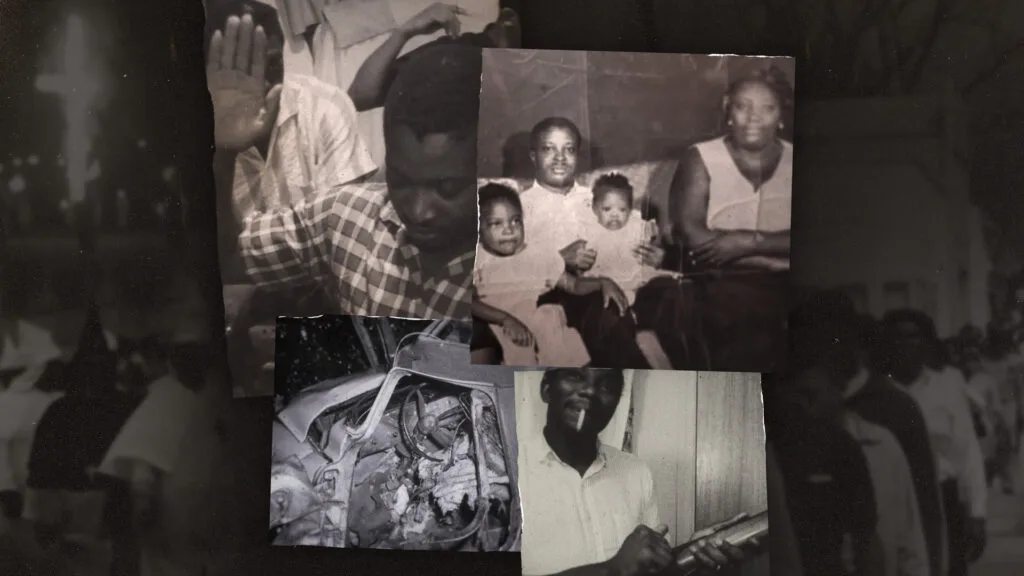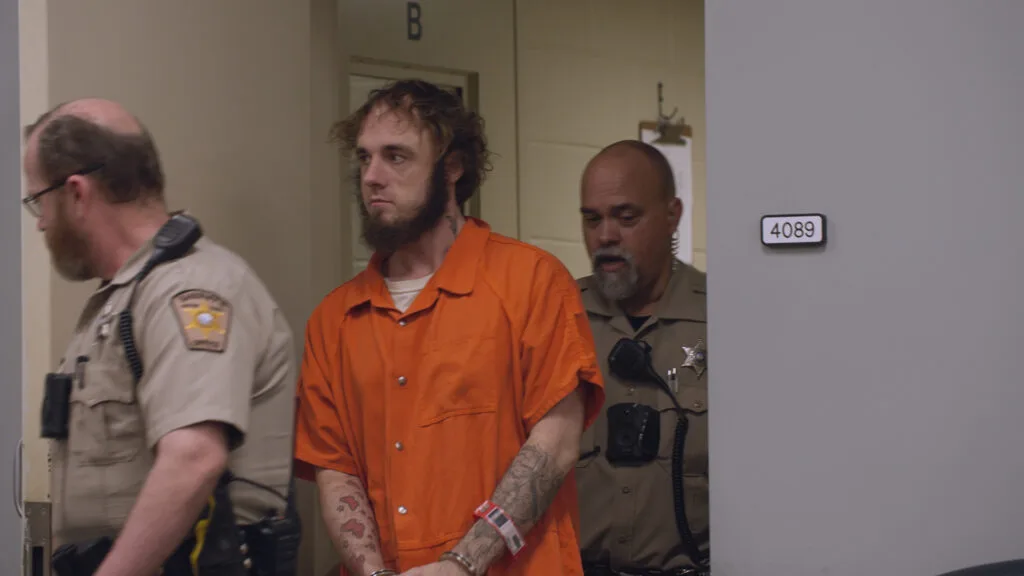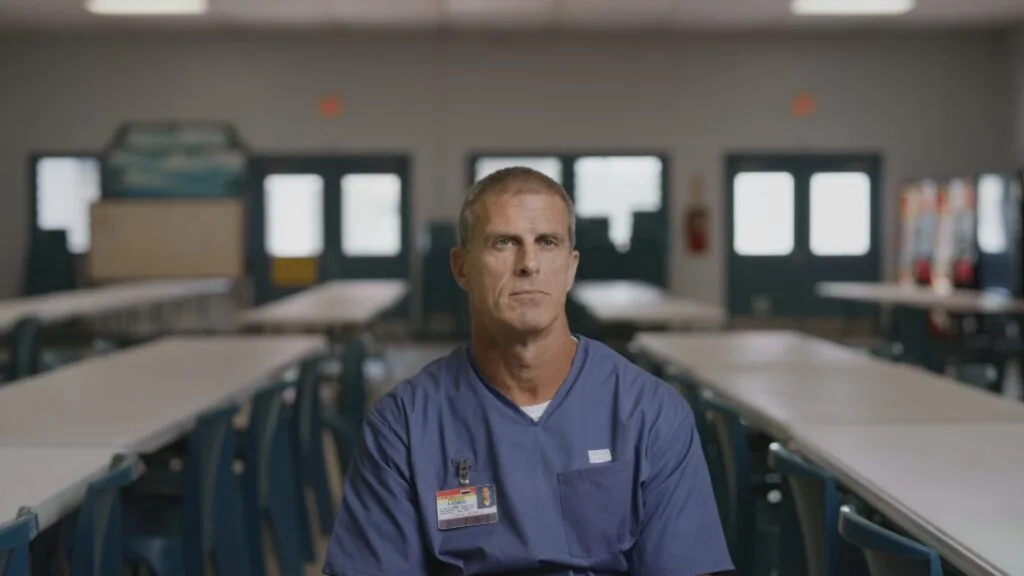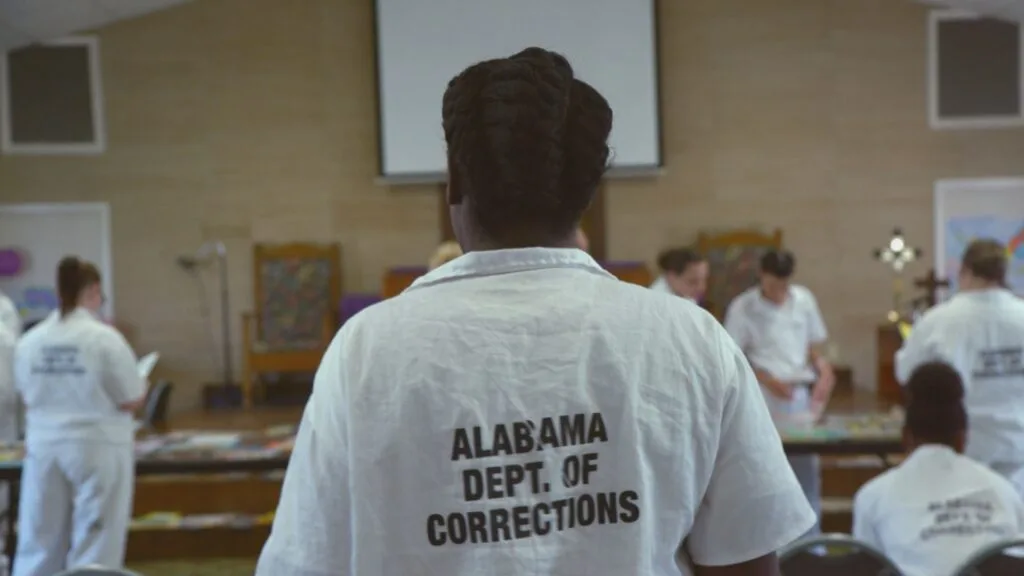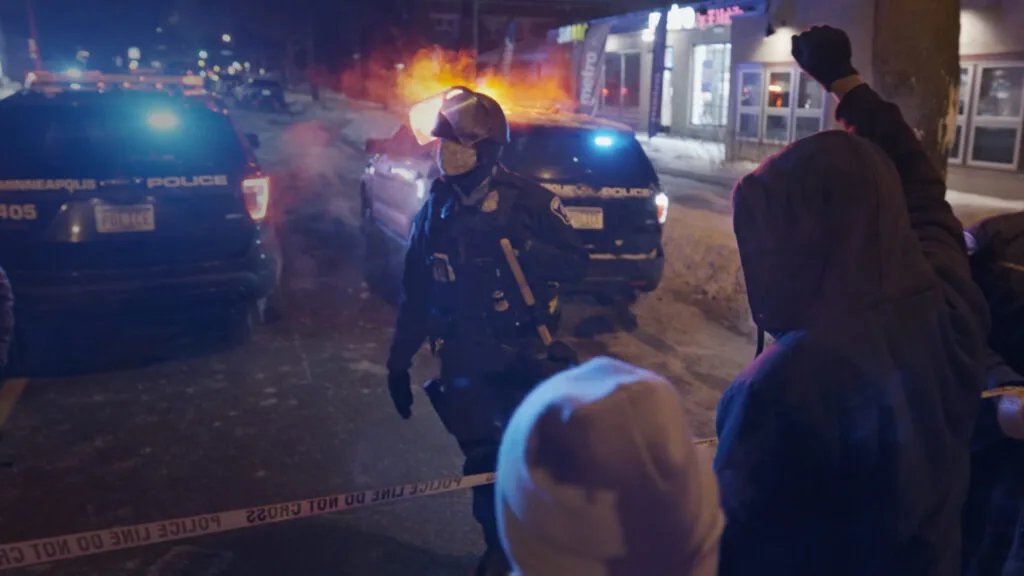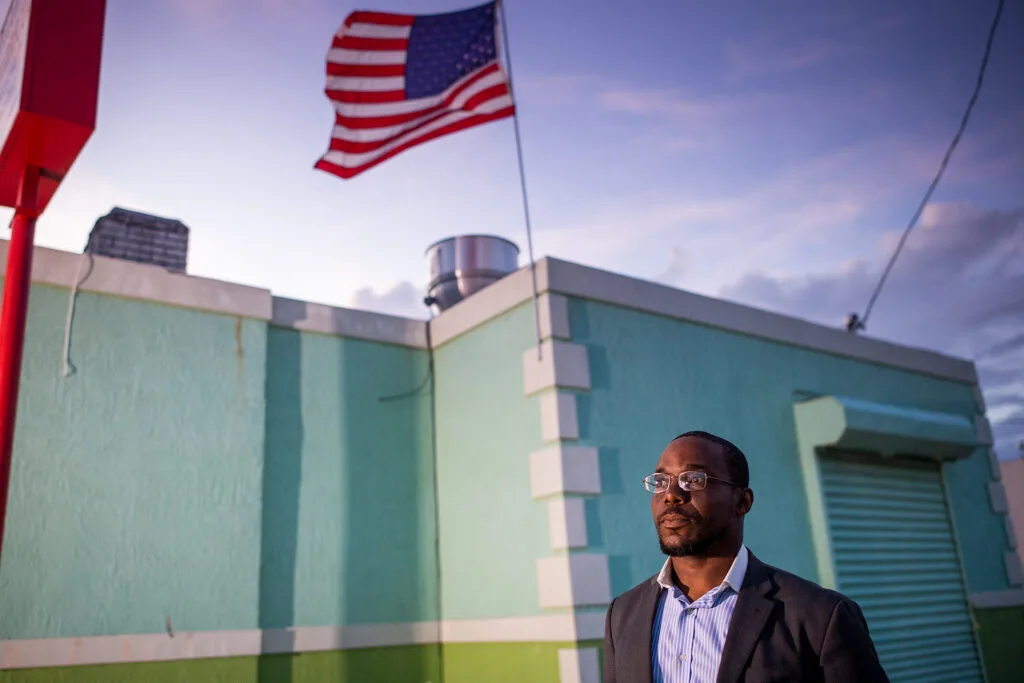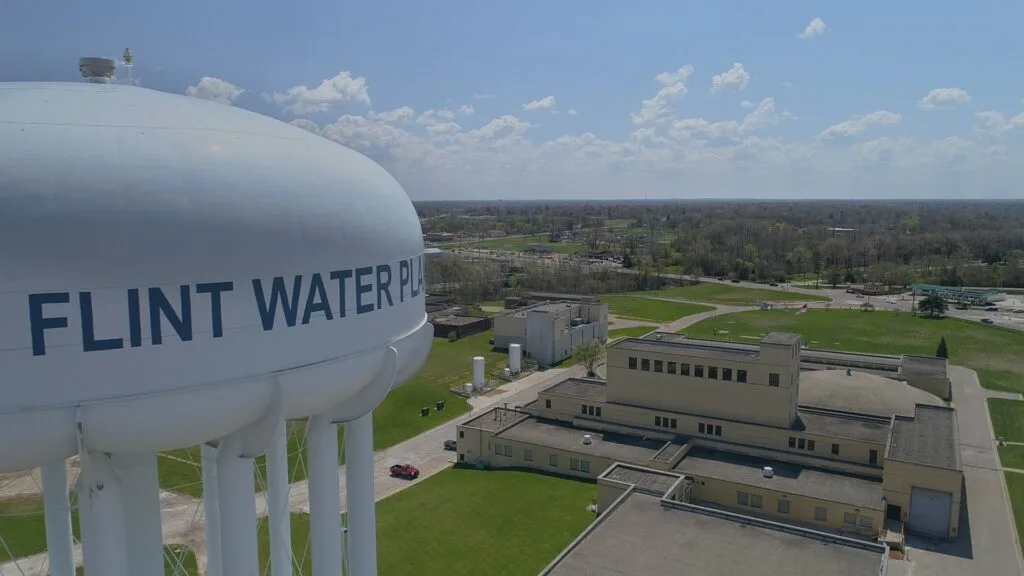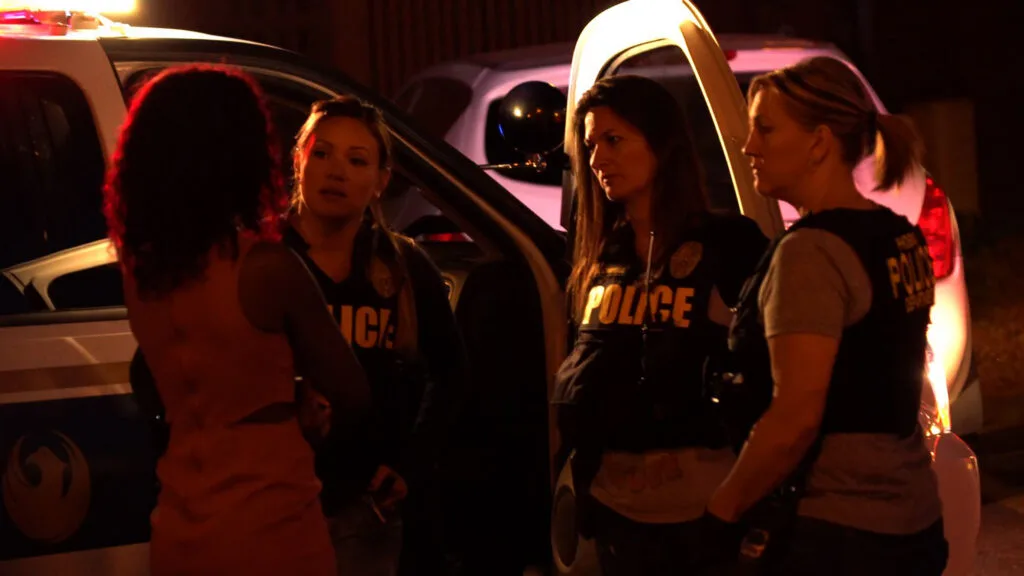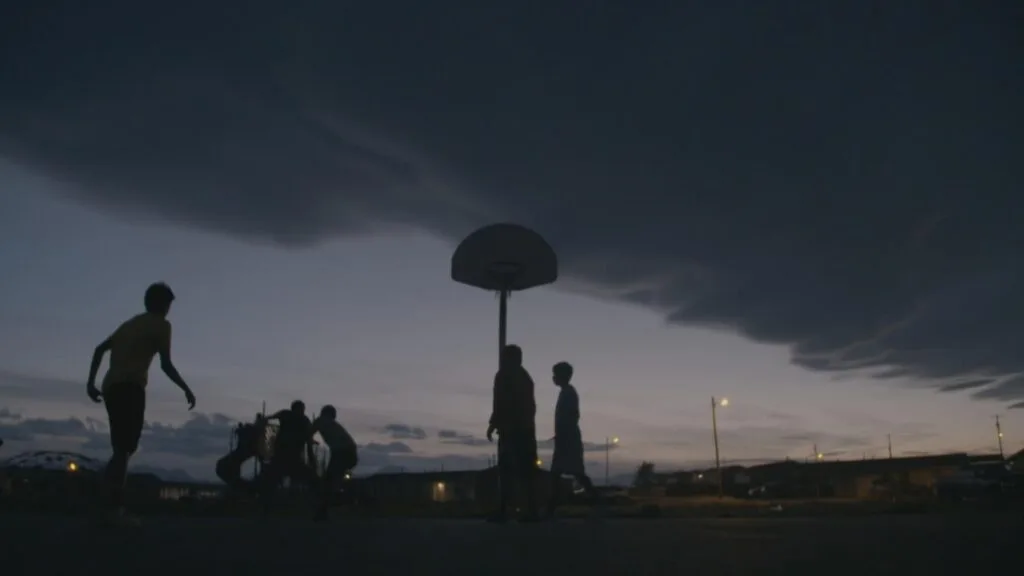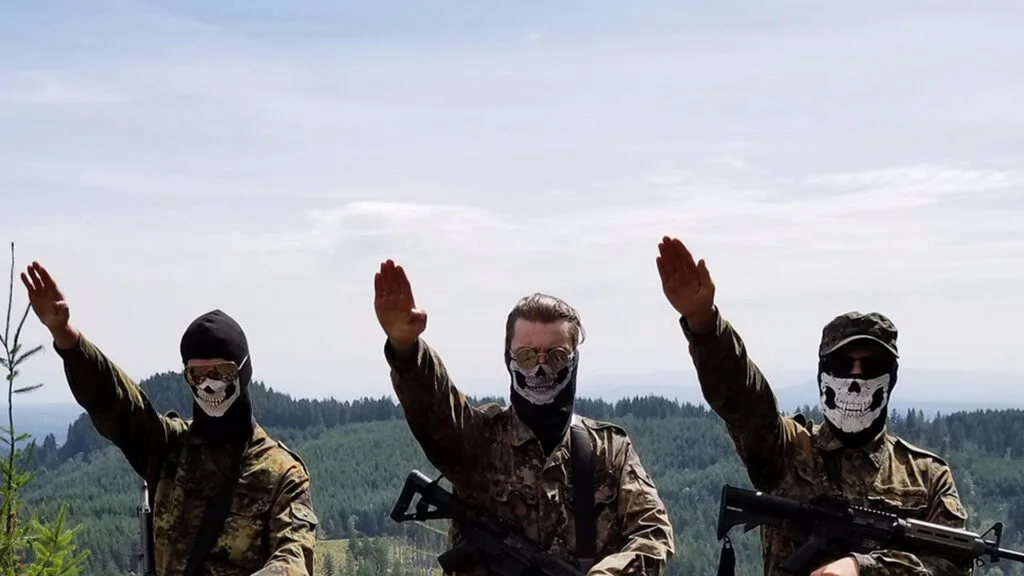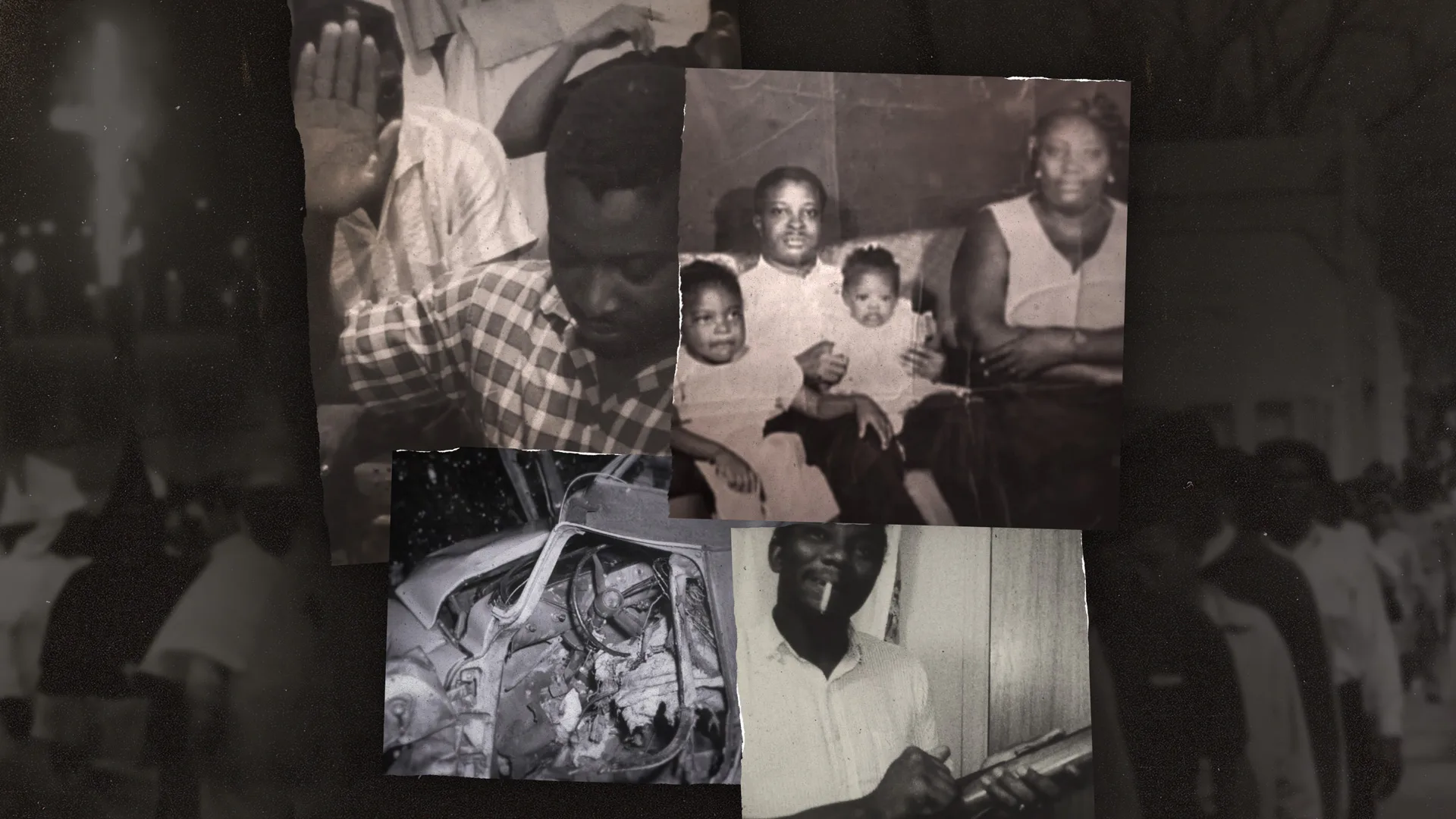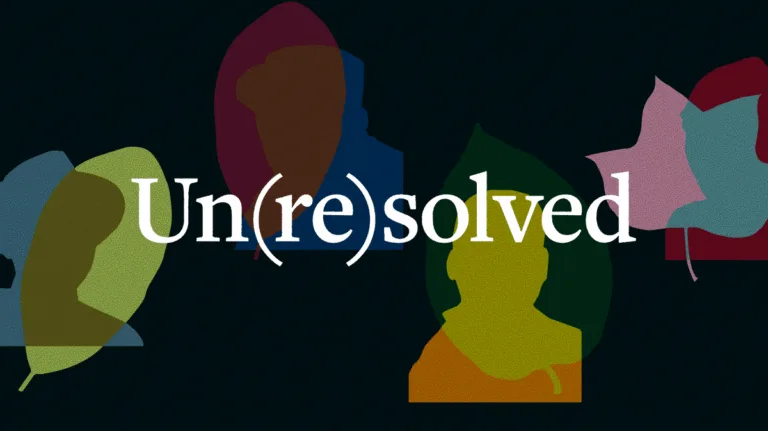America’s Legacy of Racist Killings: Key Takeaways from ‘Un(re)solved’
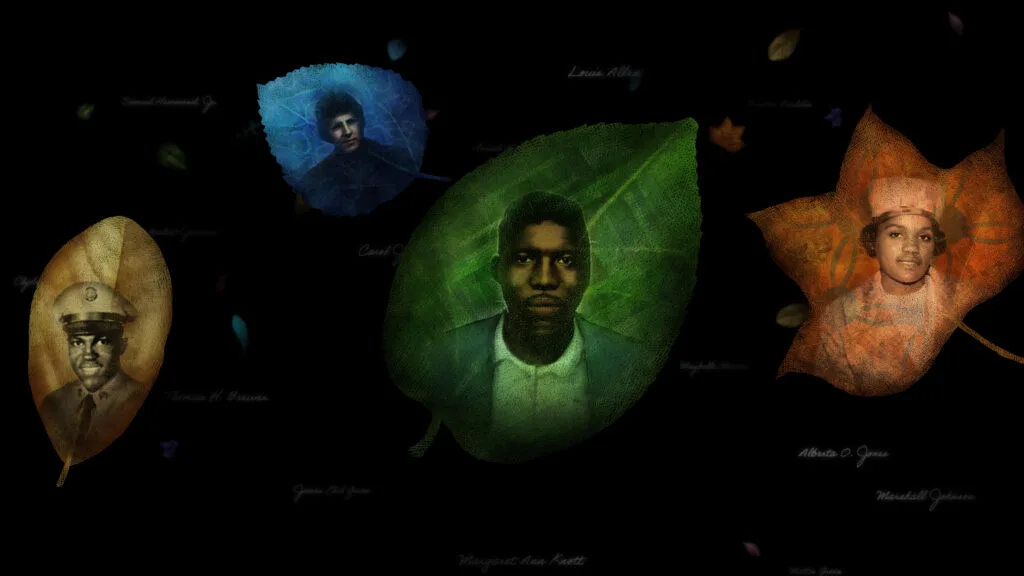
June 17, 2021
Share
Roman Ducksworth Jr., a U.S. Army corporal, was killed by a police officer as he traveled home to be with his pregnant wife.
Alberta O. Jones was murdered five months after becoming Louisville, Kentucky’s first female prosecutor.
Emmett Till, a 14-year-old boy from Chicago, was murdered while visiting relatives in Mississippi.
Ducksworth, Jones and Till are three of the men, women and children, most of them Black, whose civil rights era killings in America have gone unsolved or unpunished for decades — part of a legacy of racist violence in which justice has remained elusive.
Un(re)solved, a new, multiplatform investigation from a team of organizations led by FRONTLINE, explores the origins, limits and failures of a federal effort to grapple with more than 150 civil rights era killings under the Emmett Till Unsolved Civil Rights Crime Act.
In addition to an in-person augmented-reality installation, a podcast miniseries, a series of events, and a forthcoming broadcast documentary and educational curriculum, Un(re)solved collects, for the first time, all 150-plus names on the Till Act list in a comprehensive database and web interactive about their lives, their deaths and their families’ quests for justice. The cases on the Till Act list are not the only unresolved killings that took place during the civil rights era, just the ones the Department of Justice has re-examined.
The interactive, the installation and the podcast, which illustrate that America’s history of racist violence did not end with the era of chattel slavery, premiered as part of Tribeca Festival’s Juneteenth programming.
Below are key takeaways from more than two years of reporting on these cases.
1. FRONTLINE found that at least 50 of the killings on the list — almost a third — involved law enforcement.
Those cases include Ducksworth’s. “What goes through my mind, every time I see police brutality today, I think about my father,” says his son Cordero.
2. All of the 18 children on the list are Black.
The youngest, 9-year-old Donna Ann Reason, was killed when what appeared to be a Molotov cocktail shattered her family’s living room window and set their new home ablaze.
3. The killings on the Till Act list took place as far south as the Mississippi Delta and as far north as the Canadian border.
With 56 incidents, Mississippi is the most-represented state, followed by Georgia (26) and Alabama (19). Some states, including Maine, New York, Utah and Washington, had one incident apiece on the list.
4. FRONTLINE identified 12 instances where names were misspelled or misrepresented on the Till Act list or in official Department of Justice documents, including in letters written by the DOJ to the victims’ families.
The DOJ says it is in the process of correcting many of these errors and is planning to work more closely with families going forward to ensure an accurate reflection of victims’ names.
5. When the Till Act passed in 2008, more than 100 cases were initially re-examined. But in less than two years, more than half were closed again. Since the act’s passage, the federal government has not filed a single indictment in relation to the cases on the list.
Roy Austin, deputy assistant attorney general of the DOJ’s Civil Rights Division from 2010 to 2014, told FRONTLINE that, time and time and again, prosecutors ran up against the limits of the law: legal barriers like double jeopardy, expired statutes of limitations and a lack of federal jurisdiction, as well as deceased witnesses and suspects. “We did what we could, is the bottom line,” Austin said. “From where I was sitting, everything that could have been done with those cases, by the time we got them, was done with those cases. Every attempt to prosecute those cases was done.”
6. At least 66 cases on the Till Act list were closed because all suspects were dead. But the list also includes at least 23 victims whose cases were closed while a possible suspect was still living.
The latter group includes the case of Peter Francis, a member of the Passamaquoddy Tribe of Maine who was killed by white hunters. “I don’t think that there’ll ever be justice for our family,” says his great-grandson Michael-Corey Francis Hinton. “The men that did this will probably go to their graves thinking they got away with murder. And it’s a story that is familiar to people of color all over this country.”
7. Neither the FBI nor the DOJ would say how many agents or prosecutors have been assigned to the cold case effort.
But in a statement, the DOJ said it is in the process of adding three attorneys to work on cold case matters, as well as a dedicated investigator.
8. The FBI hopes the Un(re)solved project will yield new leads.
“It would be great if, after this interview, that we get a bunch of new leads and new matters that we can investigate,” Ron Reed, the head of the FBI’s unit pursuing these cases, told FRONTLINE. Reed said that, despite the challenges: “we’re absolutely living up to the mandate. It’s just that the work itself is very — in order to do a good job in any investigation — is very slow and steady.”
9. The hope initially provided by the Till Act has dimmed for many family members of those on the list – including relatives of Emmett Till.
“So for us, with Emmett’s name being assigned and attached to [the Emmett Till Unsolved Civil Rights Crime Act], it doesn’t sit well with us, because we want to make sure that there is justice and that they are doing what they said they were going to do,” Till’s cousin Deborah Watts told reporter James Edwards in Episode 1 of the Un(re)solved podcast.
10. A project like Un(re)solved would not have been possible without the past and current efforts of universities, civil rights groups and the press, particularly the Black press, to ensure that the history of racist violence in the U.S. is part of the ongoing public record.
To pay homage to these groups, the web interactive begins with a quote from journalist, activist and researcher Ida B. Wells, one of the first to document with precision the horrors of racial terror in America. “The way to right wrongs,” she wrote, “is to turn the light of truth upon them.”
Explore Un(re)solved here. The multiplatform project is executive produced by award-winning filmmakers Dawn Porter (John Lewis: Good Trouble, Gideon’s Army) and Raney Aronson-Rath (executive producer, FRONTLINE). Award-winning artist, filmmaker and technologist Tamara Shogaolu (founder, Ado Ato Pictures) is creative director of the installation and interactive. Partners on Un(re)solved include Ado Ato Pictures, StoryCorps, Black Public Media, Northeastern University’s Civil Rights and Restorative Justice Project and Retro Report.

Related Documentaries
Latest Documentaries
Related Stories
Related Stories
Explore
Policies
Teacher Center
Funding for FRONTLINE is provided through the support of PBS viewers and by the Corporation for Public Broadcasting, with major support from Ford Foundation. Additional funding is provided the Abrams Foundation, Park Foundation, John D. and Catherine T. MacArthur Foundation, Heising-Simons Foundation, and the FRONTLINE Trust, with major support from Jon and Jo Ann Hagler on behalf of the Jon L. Hagler Foundation, and additional support from Koo and Patricia Yuen. FRONTLINE is a registered trademark of WGBH Educational Foundation. Web Site Copyright ©1995-2025 WGBH Educational Foundation. PBS is a 501(c)(3) not-for-profit organization.
